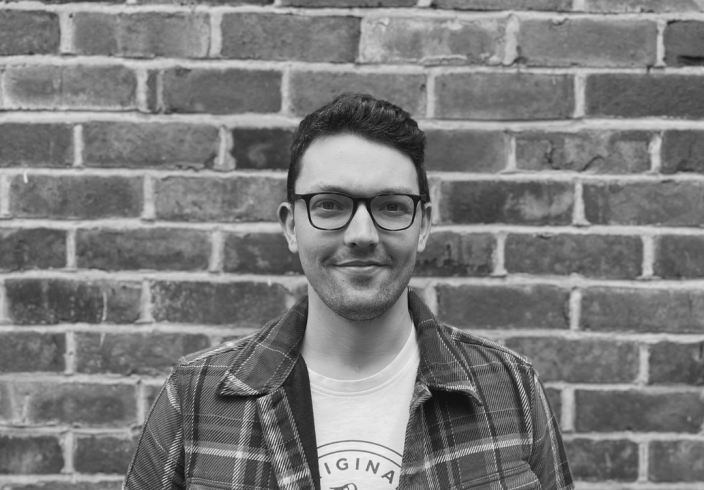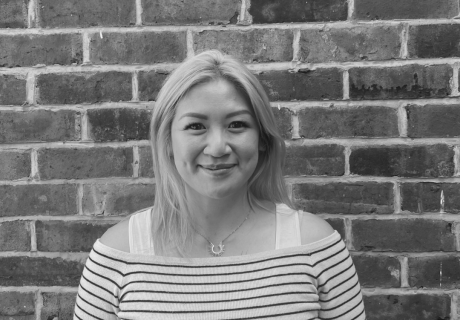Jacob is a Software Developer at Good Growth. Having previously been an NHS Doctor for 4 years, Jacob has always had a passion for tech and an interest in all things tech-y. During his last year in the medical profession, he had the opportunity to explore the tech world from an academic perspective, and spent time completing certifications and building a portfolio of projects spread over a wide technology stack.
What inspired you to enter your current field of work?
I see software development as the perfect blend of logical problem-solving and creative thinking. It’s like building Lego, only you can use any Lego brick you want without leaving your sofa, and the things you build can have the power to potentially change the world. I often found medicine dissatisfying – not because of the job itself, but rather limitations and inefficiencies outside my control which meant I couldn’t work to the quality I wanted to. Although those limitations aren’t unique to healthcare, in software I think that individual empowerment is much higher, and limits are defined more by how far you’re willing to push yourself.
What advice would you give to professionals just starting in your field?
Be curious, ask questions, and don’t be afraid of being wrong. If you’re just starting out, then most likely the majority of code you’ve looked at has been your own. Take any opportunity you can to observe how other people think and tackle problems, both through reviewing others’ code, and having others review yours. I’ve probably learnt the most from some of the worst looking PRs, with multiple comments, refactors and rebases. Every change I make in a PR I see as a win, because it’s an improvement that I’ve learned for the future.
Can you talk about a time when you had to learn something completely new?
I formally left medicine just over a year ago now, so I suppose software development as a whole is still relatively new! In the year prior to that, I cut my working hours and started teaching myself full-stack development using online platforms. I’ve always enjoyed learning new things, but I feel a lot more driven in this field due to genuine interest. I try to take any opportunity that exposes me to new concepts or technologies, and love looking back at old projects thinking how I’d go about tackling them now.
How do you approach problem-solving in your role?
For me, building software has really emphasised the importance of planning – so I’d say the best way to solve problems, is to reduce the chance of them happening in the first place! Having time to properly plan can stop a project from becoming an error-prone Frankenstein’s monster. For problems I do face, I find talking through what’s happening step by step – whether that be with a human or rubber duck – often leads to finding the root cause.
What project are you working on right now, and what excites you about it?
Regarding work projects, I recently started a fairly significant one that focuses on the digital checkout journey for one of our largest clients. There are a lot of moving parts, and a lot of considerations and triple checks have to happen. From a technical perspective it’s exciting because of the challenge; we need to build a bulletproof, modular piece of software that is separate from, but entirely dependent on and synced with, the base site. From a wider perspective, it’s exciting because of what it represents – the fact that we’re working on such a delicate project is a testament to the rapport that has been built with this client over the past year of work.
What’s one personal goal you’ve set for this year?
There are a lot of interesting areas in software that I don’t get to explore regularly at work, but still want to develop skills using. A personal goal of mine this year is to complete a Google Cloud Certification, although with a new Cocker Spaniel puppy having just joined the family, I think most of my time outside of work will probably be spent being distracted by her!
What’s the best piece of advice you’ve ever been given?
To enjoy the journey rather than just focus on the destination. I’ve had a few curveballs come my way in the past few years which really made me reassess how I was living my life, and eventually resulted in an entire change of career. It’s cliché, but life is short, so if it’s in your power to improve your experience of the life you lead, why not give it a shot? If something isn’t meant to be, then it isn’t meant to be, but if you stop yourself before trying then you’ll never be sure of what’s actually possible.
What’s your favourite way to spend a weekend?
I’m a frequent visitor to and big fan of the Lake District, so would probably say – weather permitting – that the best way to spend a weekend is with walking boots on, eating snacks on the top of a mountain. That being said, I’ve also been known to spend entire weekends without stepping outside at all, playing video games in a dark room with the curtains drawn, so I’m down for whatever.
What’s your go-to comfort food?
I think I’d have to say biscuits. I’ve had a biscuit tier list on my phone for years, which has triggered many heated discussions. There’s also a half finished “Biscuit Top Trumps” prototype on a friend’s laptop, which we work on whenever he visits. Throw in a few mugs of Yorkshire Tea, and I’ll happily delete a packet or two of Chobnobs (Chocolate Hobnobs for those who don’t know) or Jaffas (an honorary biscuit in my eyes).
What’s one thing you’re surprisingly good at?
I’ve always wanted to try my hand at snowsports but never had the chance growing up, but around a year ago I went on a trip with the in-laws to learn. They’re all fairly established skiers, but as a group we all spent the first day on boards. It was painful, but so much fun. I think in the back of my mind I knew that they’d be scrapping the boards for skis the next day, so I had to either get good fast or plan for a lonely remainder of the trip. Thankfully, I managed the former and got fairly comfortable on blues, and even managed to survive a red or two. I wouldn’t say that I’d class as good generally, but I think surprisingly good for the time frame is fair.




